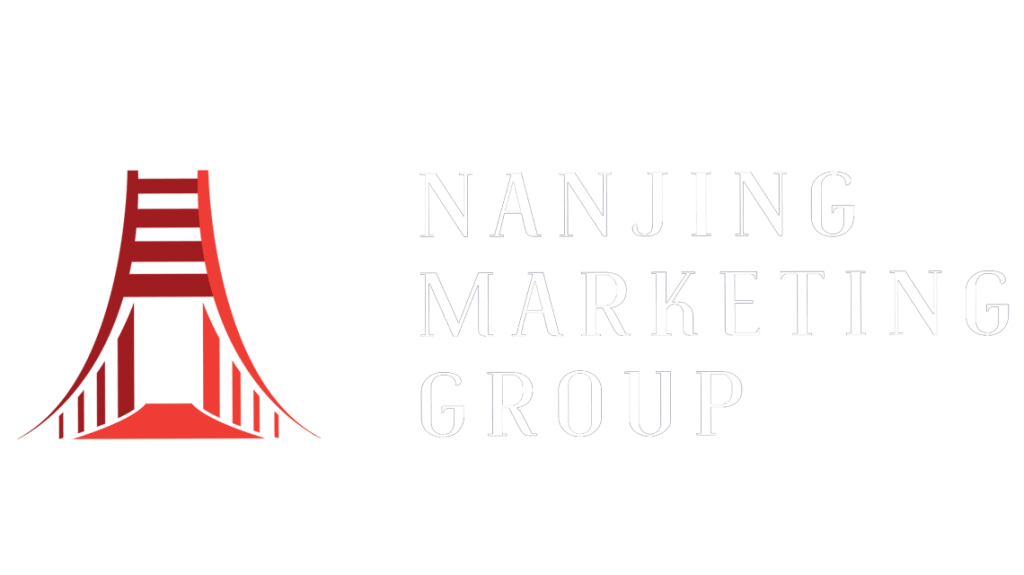It was 20th May, of this year, and I found myself sitting across from the president of Club Med; the venerable holiday-resort brand beloved of Europeans. His name is Henri Giscard d’Estaing and we were present for the official opening of the Club Med Joy View Golden Coast, a resort four hours from Beijing, on the coast of Qinhuangdao.
Assorted media had been invited and over a lunch of lamb chops and lobster I got to talking with the president of Club Med, who told me he had visited China in 1976. I found this unusual as China was rarely visited at that time, and I asked Monsieur d’Estaing if he had been a student of history. “I was a politician,” came the reply.
Under the table I surreptitiously input my lunch companion’s name into Wikipedia. It was then that I discovered that the president of Club Med is the son of another president, that of Valéry Giscard d’Estaing, President of France from 1974 to 1981. You may well guess that the conversation then turned as I engaged him on subjects including current France president Macron and Brexit.
The fact that much of Club Med’s senior management and staff from across their Asian resorts had been flown in served to underline how important China is to the future of Club Med, which was founded in 1950, and purchased by Chinese conglomerate Fosun in February 2015 for €939 million ($1.07 billion).
Both domestic tourism in China, and outbound Chinese tourists, are booming in number and the significance of this on the global tourism industry cannot be understated. According to Ctrip and the Chinese Tourism Academy, Chinese tourists spent a total of $115 billion on outbound travel in 2017, far more than any other country. China’s domestic spending was a massive $720 billion, representing a growth of 15.9% compared to the year before.

At the Club Med opening on the Qinhuangdao coast, I sat down with Olivia Chen, their VP of marketing and digital for greater China, to discuss their marketing strategy. And their strategy was based on a solid understanding of their target customers, who are mostly higher-income millennial families: those born after 1980, and who would bring their child and one or more parents to the resort.
They positioned the brand at the premium level but not the luxury level. This subtle distinction was intriguing, and I asked Chen to elaborate.
She told me it was about “emotional fulfillment,” offering a more personalized and fun experience as opposed to the more “standardized” experience of luxury hotels. They are an all-inclusive family-orientated resort, and they are focusing on a market trend for short-distance travel (taking breaks from city life pressures), as well as the broad general trend for Chinese consumers to focus more on overall quality of life rather than just material possessions.
Their research had also informed them that the mum reigned supreme as the decision-maker in the family, and so they geared their brand pitch toward all-around convenience, with a female emphasis for their offline marketing events. Overall, Club Med’s goals in China are very ambitious with stated intentions of building “three to more than five new resorts per year over the next five years, especially in China.”

Reuter Communications’ recently released report on affluent Chinese families also found that the child of the family plays a key role in determining travel choices: in terms of destination, experiences, and hotels. “We were amazed to discover that organic menu options for children in hotels were a key decision-defining factor,” Chloé Reuter, the founder of the agency, writes in the report.
Her agency surveyed over 400 affluent Chinese families for the report
These families, who will be a significant force in global tourism for the foreseeable future, are able to spend over 3,000 RMB (500 USD) per night on accommodation. For these families Australia and New Zealand were popular planned travel destinations; part of a trending preference for adventure, outdoorsy and “wild” travel, with Canada also newly high on the list of places they plan to go to.
France also remained high on the list, with wine and sweeping landscapes part of its appeal; features that it shared with Australia. Wine, beer, and coffee culture are booming in China, and the tourism boards of these two countries have honed in on the heritage and sophistication of their wines to target this.
Connectivity is also extremely important to Chinese millennials, with the report finding 94% of those surveyed seeing mobile check-in, and 95% a WeChat-integrated customer service function, as “very important”.
“When hospitality brands talk about connectivity, they need to realise that Chinese guests already experience an absolute seamless connectivity in their daily lives already, and expect the same digital thread to be seen as they visit high-end overseas properties,” the report noted.
Understanding the target segment of the China market, as well as broad general trends, can supercharge your marketing and boost sales. And the digital experience for Chinese consumers remains all-important. For more on China’s tourism boom, stay tuned for NMG’s superior insights.
